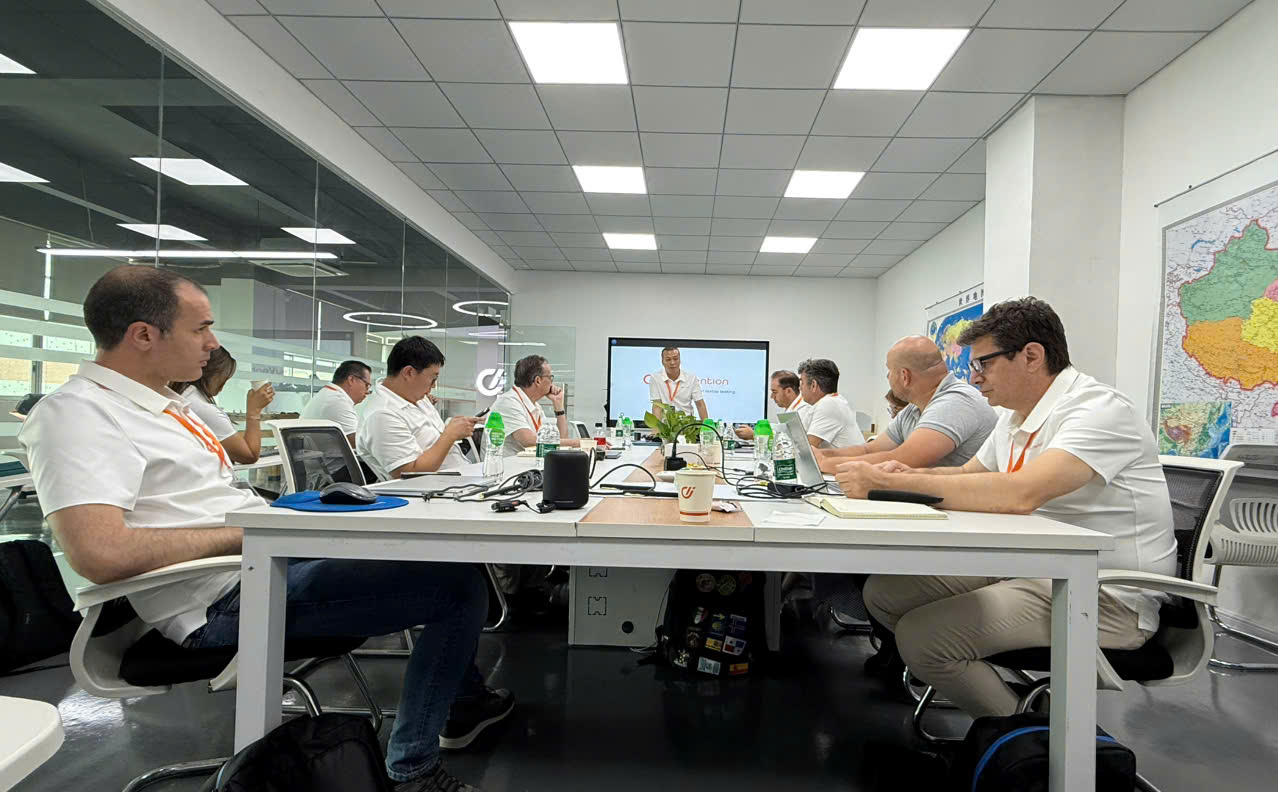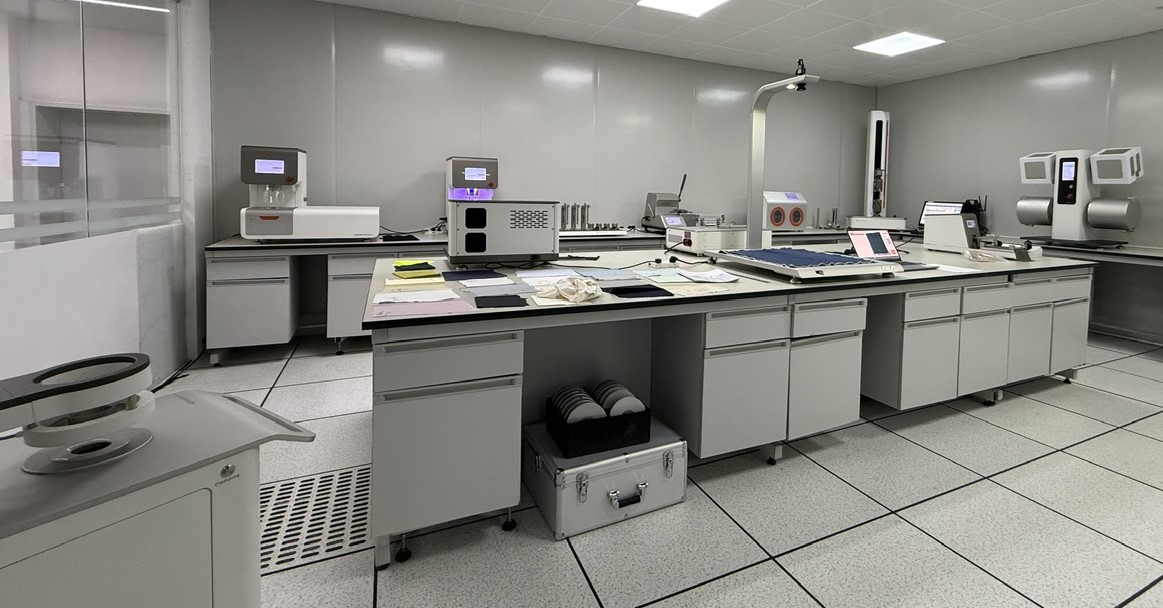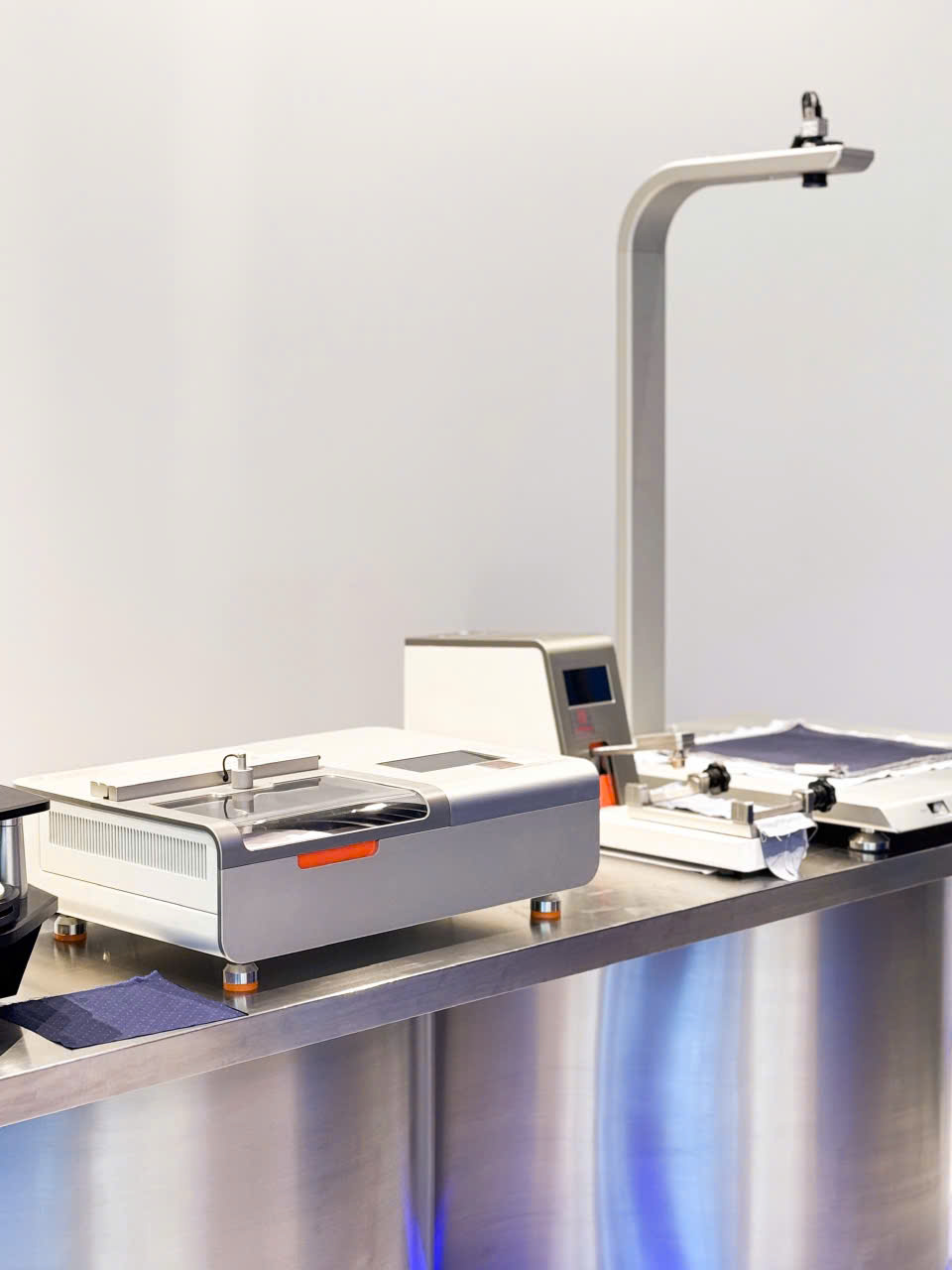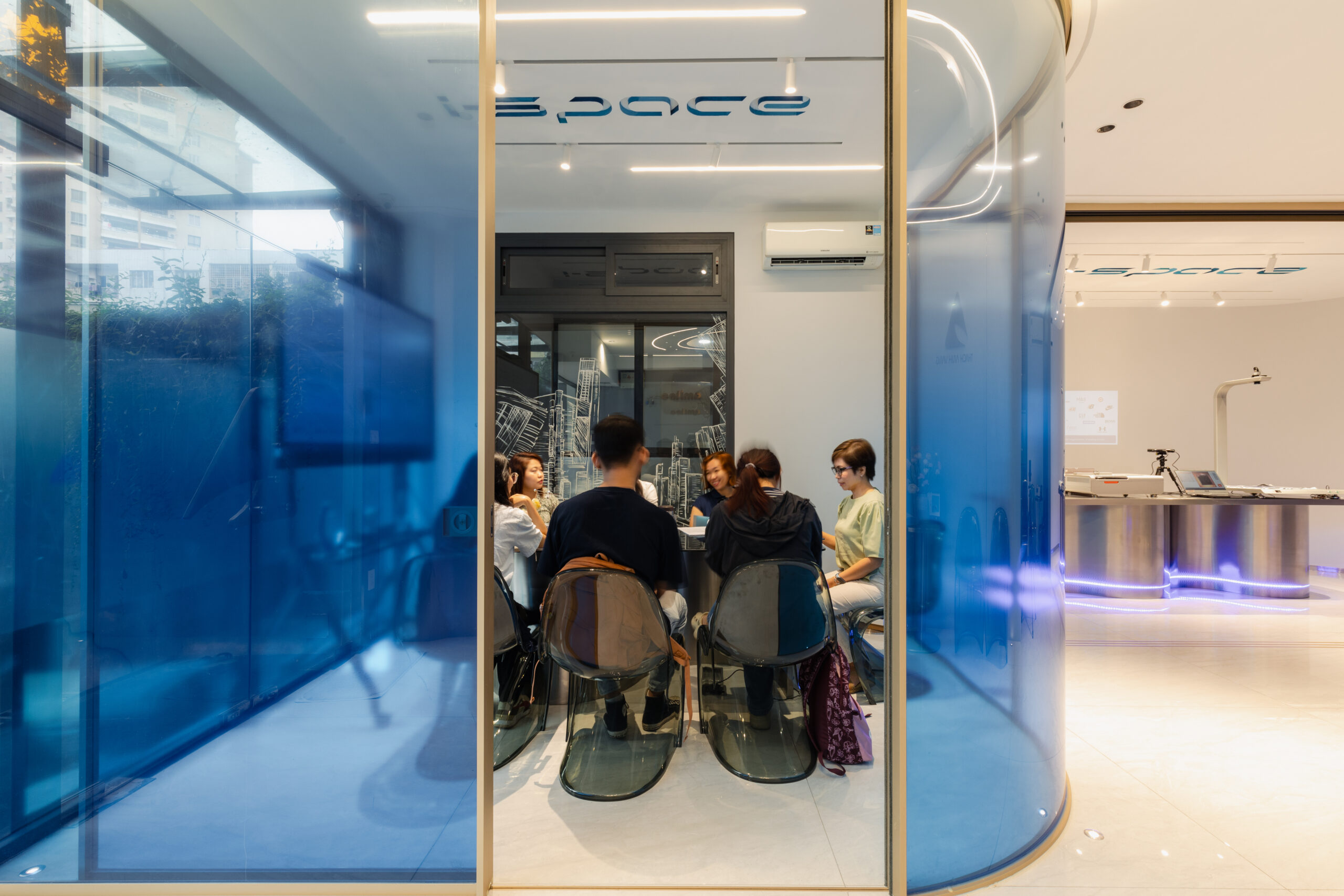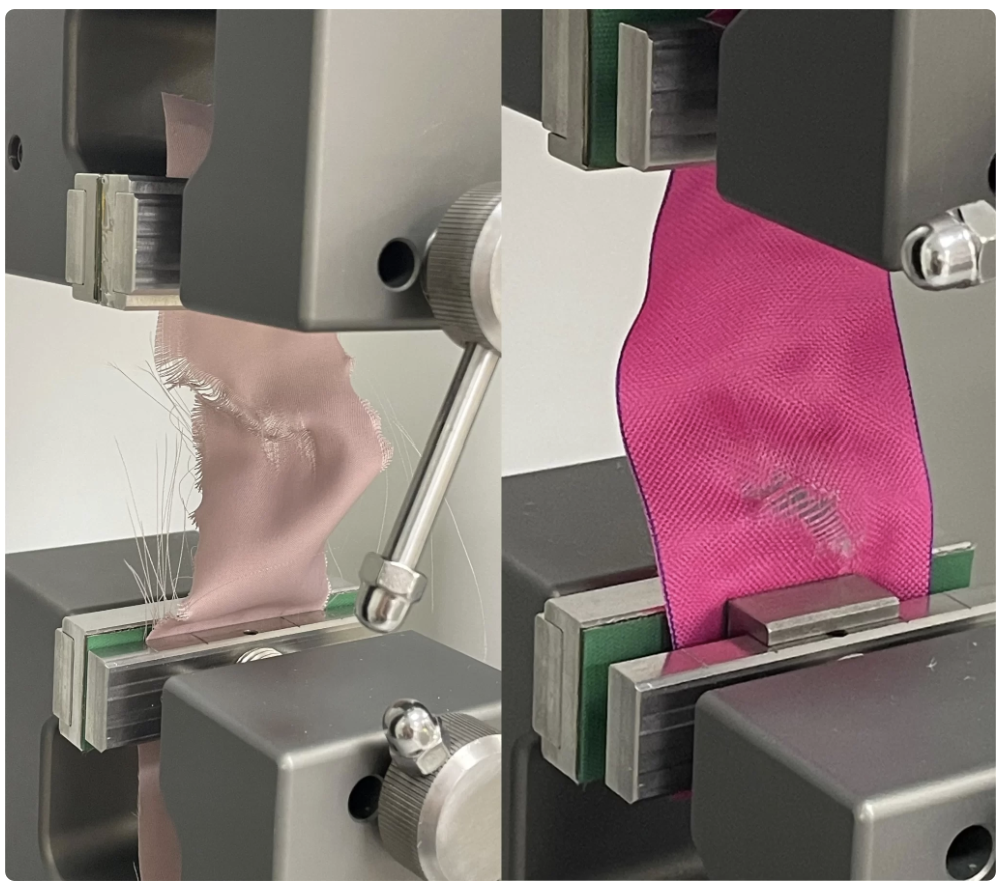Overview on Lab Dyeing in Textile Dyeing Process
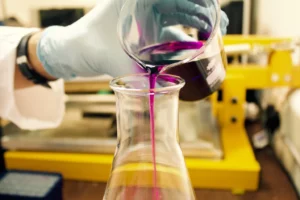
1. Importance of Lab Dyeing:
Lab dyeing plays a crucial role in the textile industry by ensuring color accuracy and consistency before large-scale production. It helps optimize dyeing formulas, minimize errors, and reduce material waste.
2. Key Objectives:
- Develop precise dyeing recipes for bulk production.
- Ensure shade matching and reproducibility.
- Reduce the risk of color variations and production errors.
- Optimize dyeing process parameters like temperature, time, and dye concentration.
3. Equipment Used in Lab Dyeing:
Several types of lab dyeing machines are used to replicate industrial dyeing conditions on a small scale, including:
- High-Temperature High-Pressure Lab Dyeing Machine – Ideal for polyester dyeing, operates up to 130°C.
- Glycerin Lab Dyeing Machine – Provides high-temperature dyeing at normal pressure, with larger capacity.
- Infrared Lab Dyeing Machine – Offers high automation, consistent temperature control, and precision.
4. Process of Lab Dyeing:
- Fabric Preparation: Pre-treatment to remove impurities.
- Dye Solution Preparation: Accurate dye formulation for shade consistency.
- Dyeing Process: Fabric samples are dyed under controlled conditions.
- Evaluation & Adjustments: Comparing shades with standards and refining the recipe if needed.
5. Advantages of Lab Dyeing:
- Saves time and resources by optimizing dye formulas before bulk production.
- Improves shade consistency and color fastness.
- Reduces rework and production waste.
- Enhances overall efficiency and cost-effectiveness in textile manufacturing.
Which kind of Lab Dyeing Machines is the most efficient for your process?
Comparatively, infrared machines are the most expensive and advanced, offering clean, efficient, and accurate dyeing. Proper maintenance, including cleaning and temperature regulation, extends equipment lifespan and ensures consistent sampling quality.
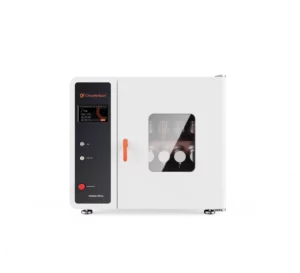
Advantages of Infrared Lab Dyeing Machines:
- High Automation: Infrared machines allow pre-programming for various dyeing processes, including heating rate, maximum temperature, and holding time, ensuring consistency and precision.
- Efficiency: They enable simultaneous dyeing of multiple samples (available in 12-cup, 24-cup, and 36-cup models), reducing processing time while maintaining accuracy.
- Consistent Heating Control: Infrared technology provides even and stable temperature distribution, ensuring uniform dyeing and preventing color variations.
- Versatility: Capable of accommodating diverse dye types and processes, including custom programming for specialized dyeing requirements.
- Clean and Safe Operation: The design minimizes spillage and leakage, maintaining a tidy workspace.
- Durability: High-quality components, multi-cup separation, and safety features enhance the machine’s lifespan and reliability.
- Improved Dyeing Accuracy: Cup rotation promotes better interaction between the fabric and dye solution, aiding in even color application.
- Reduced Maintenance Needs: Intelligent temperature control algorithms and advanced designs lower maintenance efforts compared to traditional machines.


